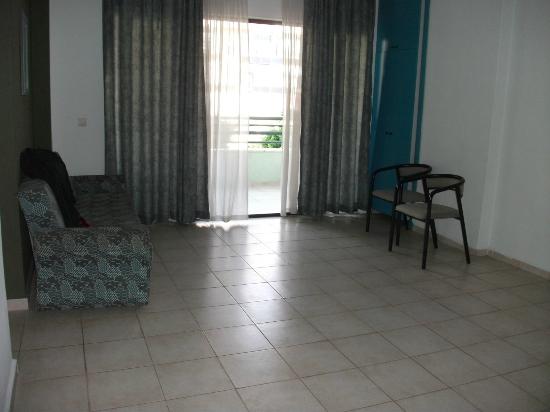Yes. Lovely story about your mum and smoking.
As you have probably figured out by now, in Soto Zen, we tend not to see "Enlightenment" as something one "gets before we die," but rather an ongoing lived embodiment. Yes, we have a timeless moment or moments of deep insight into the "Absolute," but that is only one aspect we say. It is not a "get it once, and one is done" thing. Maybe more vital is how we live in each act, word and thought during life. Thus, "Enlightenment" actually is a lot like quitting smoking: We may realizing the "Great Non-Smoking Buddha" that sweeps in all reality ... but here on earth, day by day, it is just moment by moment of either choosing to not take a cigarette or falling off the wagon and lighting up a Marlboro.
You know the old joke about smoking, that "Quitting is easy, I have done it 1000 time?"
Well, "Enlightenment is easy, I have done it 10,000 times!

".
Sorry, long winded here.
Gassho, J
STLah




 Reply With Quote
Reply With Quote














 To me that was hilarious back then and it still is now.
To me that was hilarious back then and it still is now.  sattoday lah
sattoday lah













 ".
".